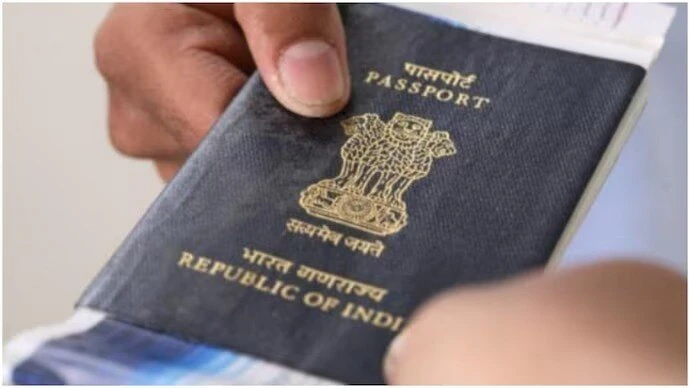Giving information, Secretary of the Ministry of External Affairs Sanjay Bhattacharya has said that the new e-passport will also be made under the standard of the International Civil Aviation Organization (ICSO)
Vey soon E-Passport will serve the purpose of physical passport for travel purposes even though it advisable to keep physical passport while travelling abroad because laws may differ from one country to another.
Yes, to board a flight in India passport may not be needed with the launch of E-Passports. The E-Passport will be launched soon. The microchip-based e-passport can be introduced soon. Along with this, many security features can also be given.
The microchip-based e-passport, according to the Ministry of External Affairs will be made under the use of radio-frequency identification (RFID) and biometrics. Secretary of the Ministry of External Affairs Sanjay Bhattacharya has said that the new e-passport will also be made under the standard of the International Civil Aviation Organization (ICSO).
The first e-passport was issued to the then President Pratibha Patil. With the issuance of smart e-passports to general people, India will join the list of 150 countries which include the UK, Germany, Bangladesh and others that issue biometric passports. Biometric passports for common citizens are under development. But diplomatic and official passports issued by the country have been biometrically secure since 2008
“The e-passport security features will also include a jacket which contains an electronic chip on which important data is encoded. It is being said that the new passport will be made at India Security Press, Nashik,” a report in Navbharat Times said.
The chip-enabled e-passport would have many advanced security features. Applicants will have to provide their personal details like their biometric data, name, address and other important identity details. These details will be digitally signed and stored in the embedded chip. If there is any problem, the system will detect it and the passport verification will fail. The new e-passport will also have security features that will prevent unauthorized data transfer through radio-frequency identification (RFID). This information has been given on Twitter.
The first e-passport was issued to the then President Pratibha Patil. With the issuance of smart e-passports to general people, India will join the list of 150 countries which include the UK, Germany, Bangladesh and others that issue biometric passports. Biometric passports for common citizens are under development. But diplomatic and official passports issued by the country have been biometrically secure since 2008.
************************************************************************
Readers











